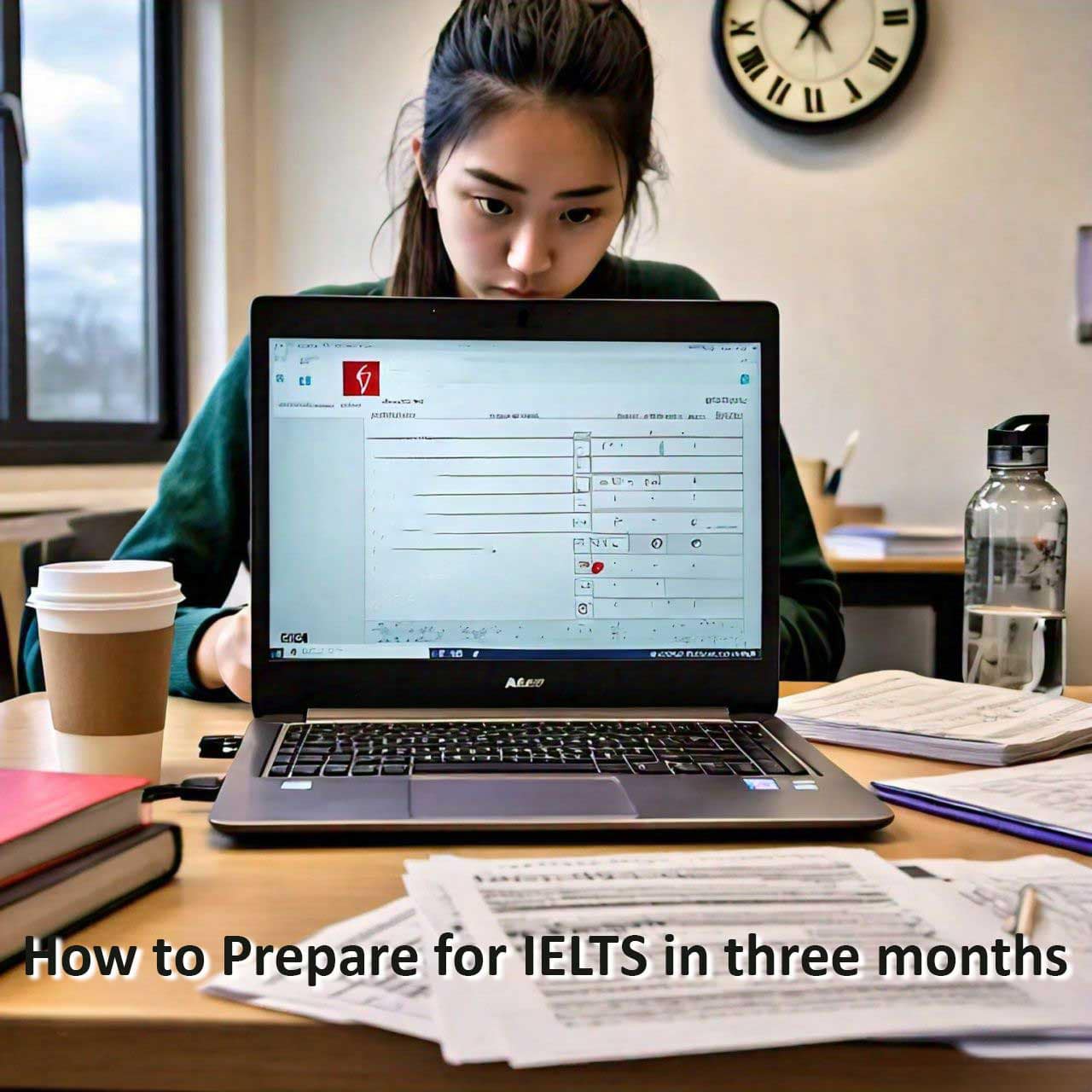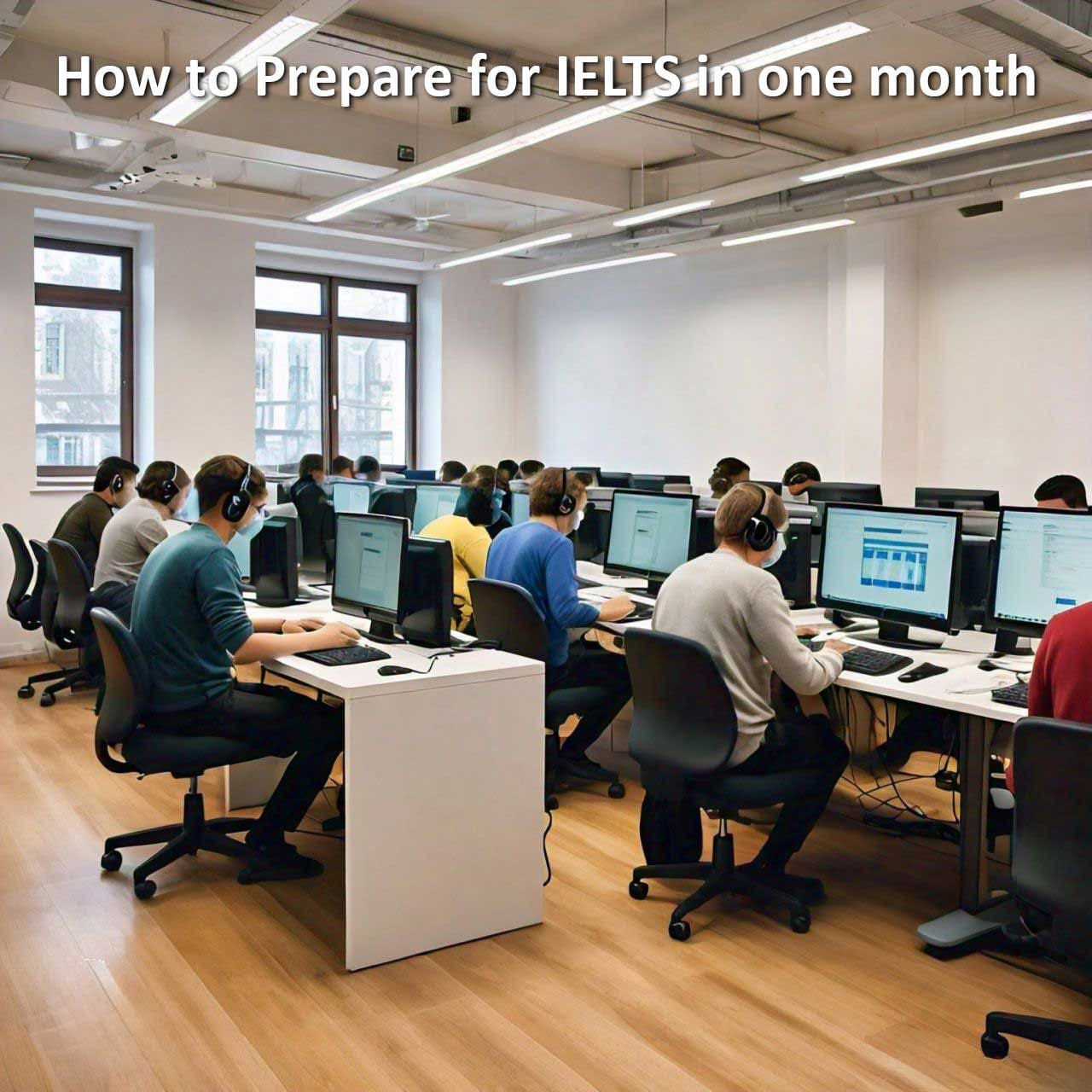The IELTS Speaking test can be a nerve-wracking experience, especially for those who are not used to speaking English in a formal setting. However, staying calm and focused is crucial to performing well and showcasing your language skills effectively. In this blog post, we’ll explore practical strategies to help you maintain your composure and stay focused during the IELTS Speaking test.
Table of Contents
Understanding the IELTS Speaking Test
The IELTS Speaking test is a face-to-face interview with an examiner and lasts between 11 to 14 minutes. It is divided into three parts:
1. Part 1: Introduction and interview (4-5 minutes) – You will answer questions about yourself, your home, family, work, studies, and interests.
2. Part 2: Long turn (3-4 minutes) – You will be given a topic and have 1 minute to prepare. You will then speak for 1-2 minutes on the topic, followed by a few questions from the examiner.
3. Part 3: Discussion (4-5 minutes) – You will discuss more abstract and complex ideas related to the Part 2 topic.
Tips to Stay Calm and Focused
1. Preparation is Key
Proper preparation can significantly reduce anxiety and boost your confidence.
– Familiarize Yourself with the Format: Understand the structure and types of questions you will face in each part of the test.
– Practice Regularly: Engage in regular speaking practice. Use sample questions and simulate test conditions with a study partner or tutor.
– Expand Your Vocabulary: Build a strong vocabulary by reading widely and practicing new words in context.
– Record Yourself: Record your practice sessions to identify areas for improvement and track your progress.
2. Develop a Routine
Having a pre-test routine can help you get into the right mindset.
– Relaxation Techniques: Practice relaxation techniques such as deep breathing, meditation, or visualization to calm your nerves.
– Healthy Habits: Ensure you get enough sleep, eat a balanced meal, and stay hydrated on the day of the test.
3. Stay Positive
Maintaining a positive mindset can greatly influence your performance.
– Positive Affirmations: Use positive affirmations to boost your confidence. Remind yourself that you are well-prepared and capable.
– Visualize Success: Imagine yourself speaking confidently and clearly during the test. Visualization can help reduce anxiety and improve performance.
4. Listen Carefully
Active listening is crucial to understanding the examiner’s questions and responding appropriately.
– Focus on the Examiner: Pay close attention to the examiner’s questions and instructions. Make eye contact and show that you are engaged.
– Clarify if Needed: If you don’t understand a question, don’t hesitate to ask the examiner to repeat or explain it.
5. Take Your Time
There’s no rush to answer immediately. Take a moment to gather your thoughts before speaking.
– Pause and Think: It’s okay to take a brief pause to think about your response. This can help you provide a more structured and coherent answer.
– Stay on Topic: Ensure your responses are relevant to the question. Avoid going off on tangents.
6. Practice Mindfulness
Being mindful during the test can help you stay calm and focused.
– Stay Present: Concentrate on the current question rather than worrying about the next one or previous mistakes.
– Breathe: Take deep, steady breaths to maintain a calm demeanor and steady your voice.
7. Engage in the Conversation
Treat the test as a natural conversation rather than a formal interrogation.
– Be Yourself: Speak naturally and authentically. Don’t try to use overly complex language or memorized phrases.
– Show Interest: Express genuine interest in the conversation. This can make your responses more engaging and spontaneous.
8. Reflect and Improve
Learn from each practice session and use feedback to improve.
– Seek Feedback: Get feedback from teachers, tutors, or study partners to understand your strengths and areas for improvement.
– Continuous Improvement: Use feedback constructively and practice regularly to build your confidence and skills.
Conclusion
Staying calm and focused during the IELTS Speaking test is crucial for performing at your best. By preparing thoroughly, developing a pre-test routine, maintaining a positive mindset, and engaging in the conversation, you can reduce anxiety and showcase your English-speaking abilities effectively. Remember, the key to success is consistent practice and a calm, confident approach. Good luck!



